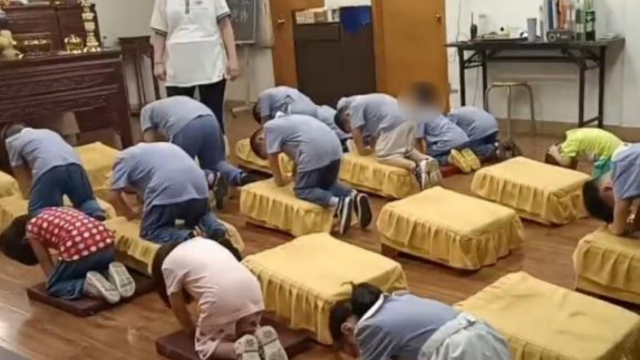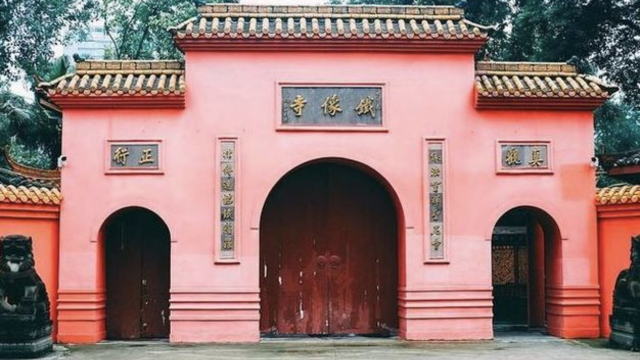Buddhist, Taoist, and folk religion temples suffered severe attacks in the prefecture-level cities of Baoji and Yan’an last year: some were closed, others destroyed.
by Zhou Xiaolu
As Bitter Winter has already reported, numerous Buddhist, Taoist, and folk religion temples were demolished or shut down last year in the northwestern province of Shaanxi. In Baoji city, at least 100 temples were closed in ten months, and in one county of Yan’an city—at least 50 temples were destroyed in a month. According to the newly received information, 63 more temples were ruined in the two cities last year.
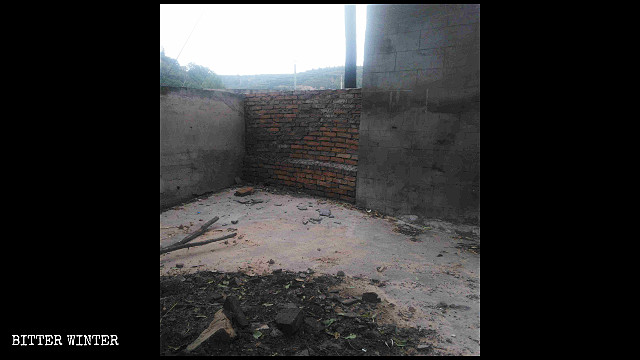
The Buddhist Pujing Temple in Gaopo village in the Baota district of Yan’an, built at the cost of over ten million (about $ 1.4 million), was demolished in August. The local government dispatched armed police and two front loaders to level the temple to the ground. According to a village resident, three ambulances were sent to the scene as well. People tried to stop the demolition to no avail.

“The government holds power, and they can send armed police, with guns and handcuffs. Anyone who tried to challenge them could have been suppressed,” a resident commented.

The Buddhist Guanyin Temple, the folk religion Zushi Temple, and three other folk religion temples in the district were also demolished one after another in the second half of 2019. In Yan’an-administered Fu county, Bailong Temple was destroyed, while numerous folk religion temples were shut down.
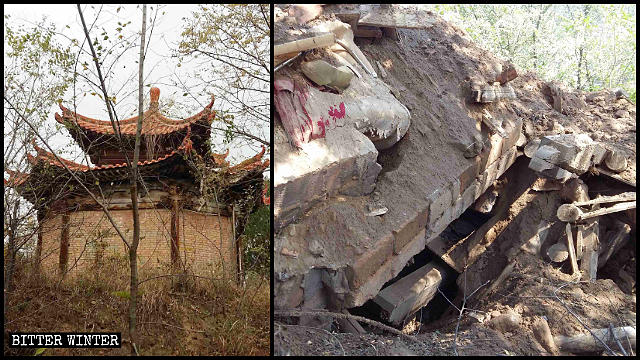
In Qixi village in Baoji’s Mei county, three towers were removed from the roof of the ancient Tibetan Buddhist Shifo Temple. “The government said that they were in Tibetan style and had them demolished,” a source in the village explained.

To avoid people’s protests, the government often attacks religious sites at night. On November 8, all statues in San’guan Hall, a Buddhist temple in Donggou village administered by Yangping town in Baoji’s Chencang district, were removed overnight. A resident explained that the town mayor and village Party secretary ordered to break the temple’s door to get in. The next day, residents found the smashed Buddhist statues loaded onto a garbage truck.
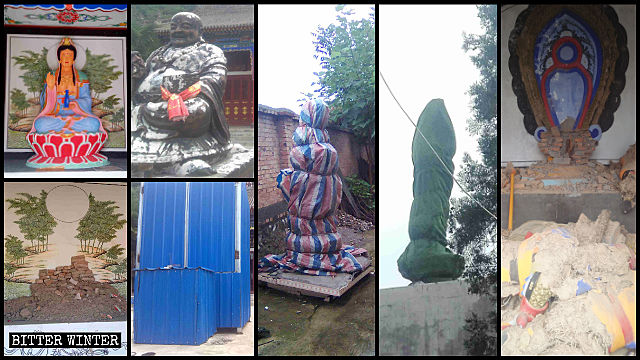
“They did not dare to destroy them in the daytime, fearing people’s anger,” another villager explained. “That’s why they do this at night.”
In Baoji’s Weibin district, statues and memorial stone tablets were removed at night from Shigu Temple and were later buried. Officials also confiscated the temple’s Buddhist books.

A resident explained to Bitter Winter that the Shigu Temple is considered one of the most beautiful temples in the city. Even the local Ethnic and Religious Affairs Bureau acknowledged the temple for the meticulous handicraft of its statues. Regardless, the temple was not spared persecution.
Statues in the Taoist Wuliang Temple in Baoji’s Taibai county were also smashed late at night. An eyewitness saw a group of people destroying and burning things in the temple in June last year. By early morning, all statues and other items in the temple had been smashed to pieces. Even ornaments on the walls were painted over. Elderly residents remarked that this reminded them of the Cultural Revolution.
“The state leaves criminals and corrupt officials unpunished, but rectifies, demolishes temples every day,” a Baoji city resident said. “People are only allowed to worship the Party.”
Source: Bitter Winter











